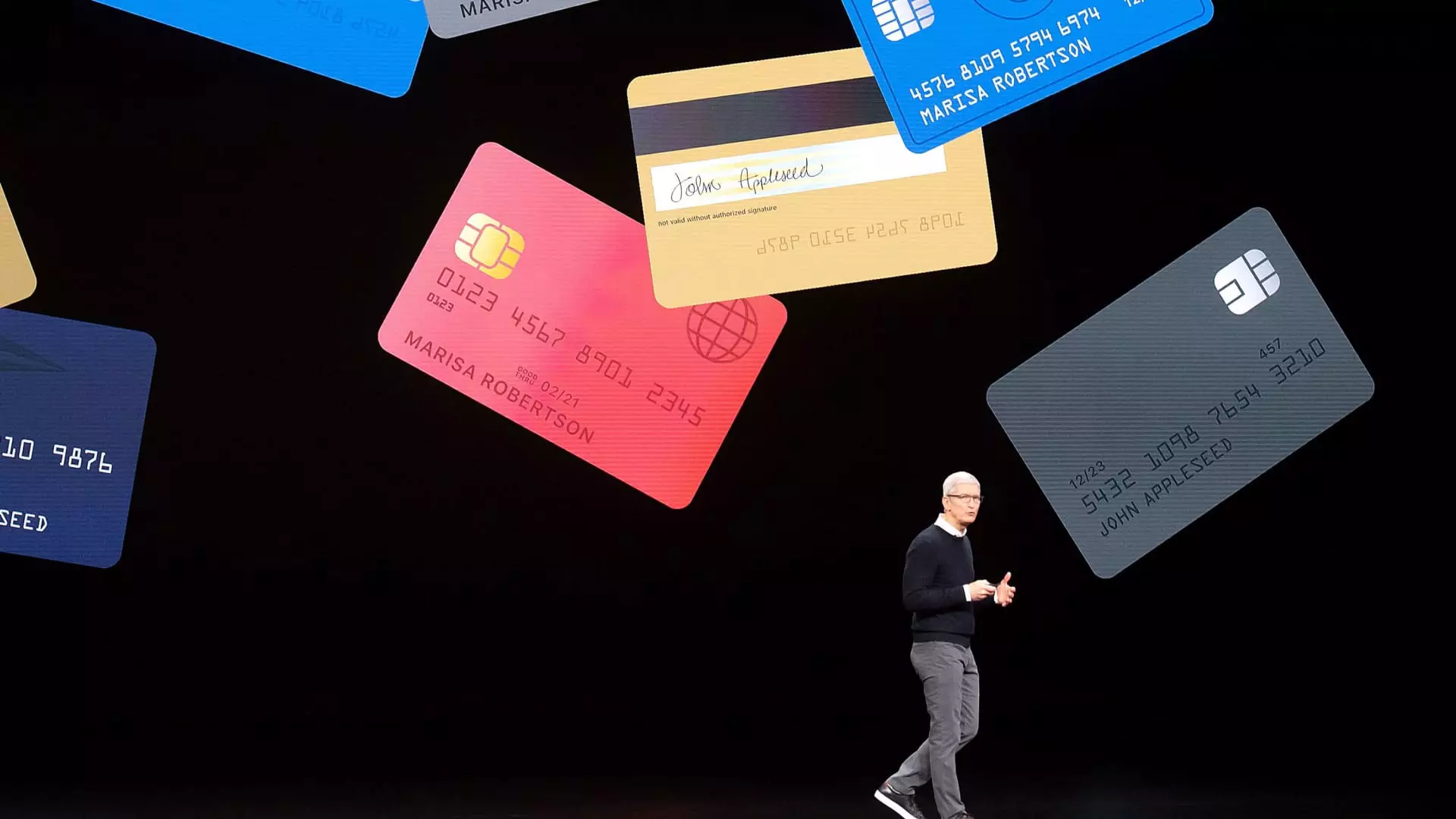In a striking blow to corporate practices in the financial technology arena, the Consumer Financial Protection Bureau (CFPB) has directed Apple and Goldman Sachs to pay over $89 million due to their egregious handling of consumer disputes linked to Apple Card transactions. This unprecedented action underscores the responsibility financial institutions have towards their customers and the imperative for transparency in their business operations. Specifically, the CFPB revealed that Apple neglected to transmit tens of thousands of consumer disputes to Goldman Sachs, the card’s issuing bank. Moreover, when these disputes did reach Goldman Sachs, the bank reportedly failed to adhere to federal regulations in investigating them.
As part of the CFPB’s decree, Goldman Sachs faces a significant civil penalty of $45 million, with an additional $19.8 million earmarked for redress. In contrast, Apple has been hit with a $25 million fine. The regulatory body went further, prohibiting Goldman Sachs from launching any new credit card products until it could demonstrate compliance with applicable laws. This measure serves as both a reprimand and a warning to firms that operational oversight and compliance are not optional but rather fundamental business practices.
The Apple Card was initially marketed as a simplified and transparent financial product when it debuted in 2019. Apple positioned it as a revolutionary alternative to traditional credit cards, relying on its existing Apple Pay ecosystem for seamless transactions. An additional feature introduced later allowed users to finance Apple devices via interest-free monthly installments, enhancing its appeal. However, the CFPB found that both companies misled consumers regarding the financing terms and interest-free plans. Many customers were under the impression that purchasing Apple devices with an Apple Card would automatically result in interest-free monthly payments; however, this was not the case, as interest charges were still applied.
This discrepancy has far-reaching implications, with some consumers inadvertently accruing additional interest fees as a result of poor communication regarding refund processes. Furthermore, this situation led to inaccuracies in some individuals’ credit reports, potentially affecting their future credit opportunities. Such misleading practices not only harm consumers on an individual level but also jeopardize the credibility of financial technology firms at large.
Following the CFPB’s announcement, Nick Carcaterra, Goldman Sachs’s vice president of corporate communications, expressed confidence in the Apple Card’s consumer-friendly features while acknowledging operational challenges post-launch. This statement appears to sidestep a crucial takeaway from the CFPB’s findings—namely, that consumer trust hinges not just on a product’s functionalities but also on how well these companies uphold their legal and ethical obligations.
This pivotal enforcement action by the CFPB signals a renewed focus on the accountability of both tech giants and financial institutions in the ever-evolving digital landscape. It reiterates the message that legal accountability is vital, regardless of a company’s size or market dominance. As regulatory scrutiny over financial practices intensifies, both Apple and Goldman Sachs will need to reassess their compliance strategies to regain consumer trust and align operational protocols with federal standards.

